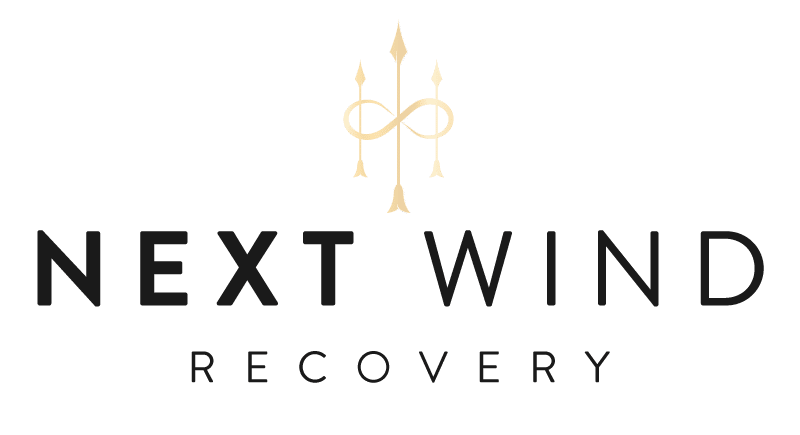Studies show that individuals with an opioid use disorder (OUD) who attempt total abstinence following detox are significantly more likely to relapse than individuals with other addictions. Relapse is a normal part of the recovery process. However, relapsing on opioids carries a higher risk for fatal overdoses. Because of the power of opioids, individuals with OUD often detox and relapse multiple times. Each time, it can be more dangerous. One highly effective way to combat this is incorporating medication-assisted treatment (MAT) in New Jersey into comprehensive addiction treatment.
While many believe that MAT simply substitutes one addiction for another, at Next Wind Recovery, we know that these FDA-approved anti-craving medications are a critical component of successful and lasting recovery from opioids and alcohol. Find out if MAT is appropriate for you by calling us at 201.331.6569.
What Are the Anti-Craving Medications Used in MAT?
Medication-assisted treatment is an evidence-based treatment, meaning that its effectiveness has been proven in clinical trials. MAT is promoted and supported by public health agencies, including the National Institutes of Health (NIH) and the American Medical Association (AMA). Despite this, it remains highly controversial. Helping more people secure MAT means working to break the stigma associated with some of the medications used.
Anti-Alcohol Craving Medications
Because alcohol is legal and such a part of American culture, many people do not understand the severity of alcohol addiction. Alcohol withdrawal symptoms can be severe and even life-threatening. Particularly in severe cases of alcohol addiction, MAT is essential. The medications used include:
- Acamprosate – This unique drug does not eliminate withdrawal symptoms but helps people avoid alcohol after they quit drinking by stabilizing the chemical imbalances caused by alcohol addiction.
Disulfiram – Also used after detox, this drug changes how the body eliminates alcohol, causing side effects such as headache, nausea, and vomiting if alcohol is consumed.
Anti-Craving Medications for Opiates
Opioid addiction quickly causes significant changes in brain and body chemistry that result in extreme psychological and physical cravings. When these powerful drugs leave the system, intense withdrawal symptoms set in quickly, a feeling known as “dope sick.” Those addicted to opioids repeatedly return to their drug of choice to avoid these intense withdrawal symptoms. MAT medications that help include:
- Buprenorphine – Taken as directed, this drug significantly reduces opioid dependence by reducing and suppressing opioid cravings and limiting withdrawal symptoms.
- Methadone – This drug reduces the cravings for opioids and can block the effects that opioids have on the body. Much like using the patch to quit smoking, methadone is used to help titrate down from opioid addiction.
The Benefits of Naltrexone in MAT
Naltrexone is approved by the Food and Drug Administration (FDA) to treat both alcohol use disorder (AUD) and opioid use disorder (OUD). Contrary to popular belief, Naltrexone is not an opioid. It is also not addictive and does not cause withdrawal symptoms when it is stopped.
Naltrexone blocks the euphoric and sedative effects of opioids and alcohol, reduces cravings, and helps prevent relapse. Naltrexone can only be used following detox when there are no traces of alcohol or opioids in the system. Individuals who drink or use opioids while taking Naltrexone will experience severe side effects.
Contact Next Wind Recovery for Medication-Assisted Treatment
Medication-assisted treatment for addiction recovery is a highly effective but significantly underused approach to treatment. MAT is often mistakenly viewed as substituting one addiction for another. At Next Wind Recovery, we are dedicated to helping reduce the stigma of medication-assisted treatment. We do this by providing constant support and guidance for clients participating in MAT to ensure their medications remain at a therapeutic level.
We understand that the fear of going through withdrawal often prevents people from seeking treatment for alcohol or opioid addiction. MAT can make the detox process more tolerable and reduce the risk of relapse. Contact Next Wind Recovery at 201.331.6569 if you have questions about medication-assisted treatment or want to find out if MAT can assist you in your recovery.








